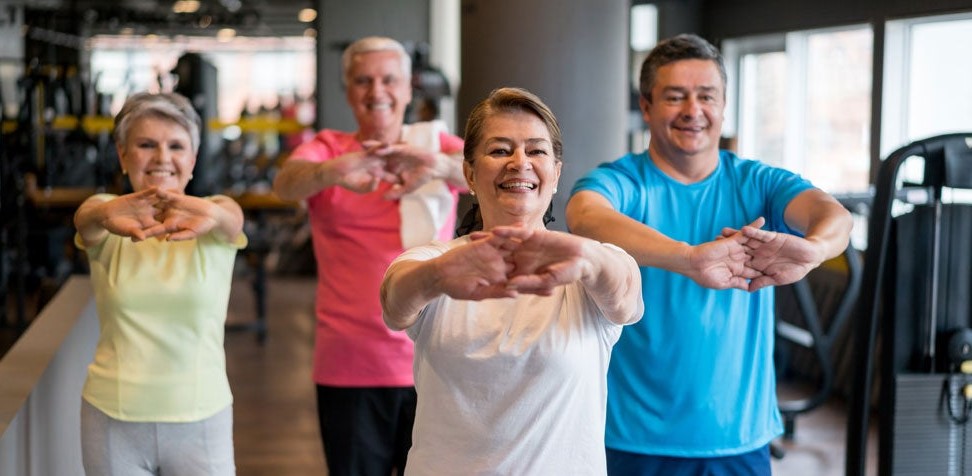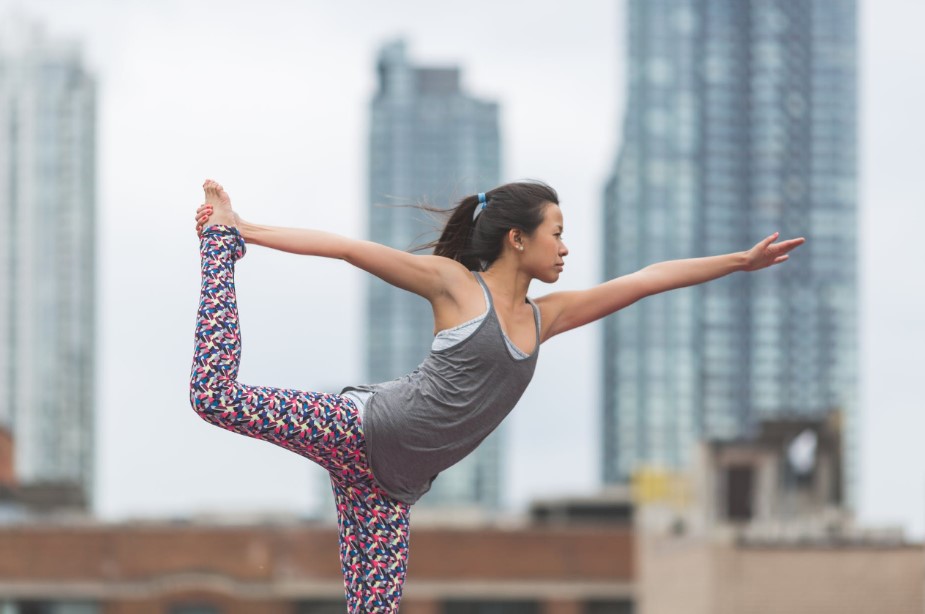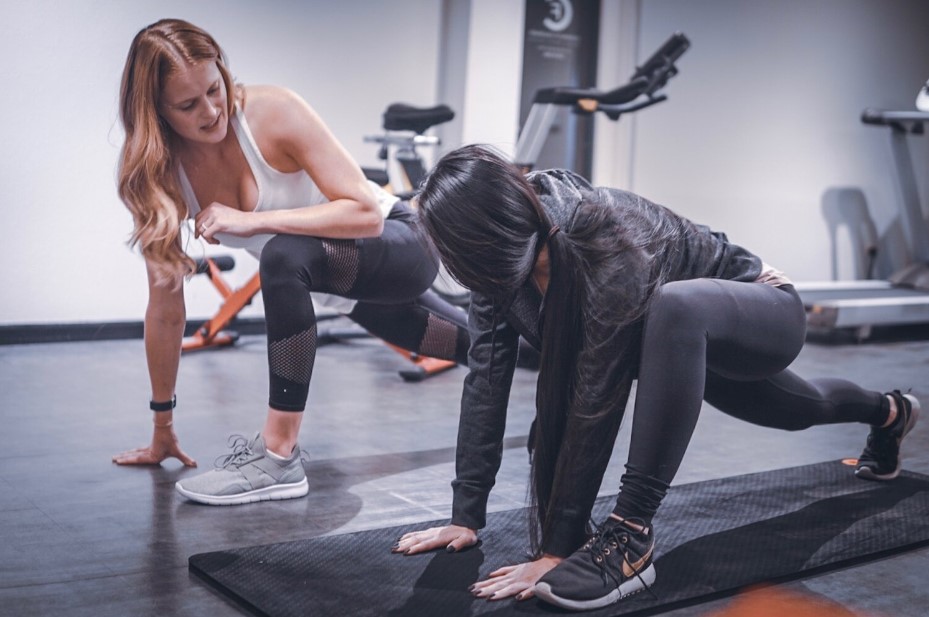Embrace the Euphoria of Physical Exercise
In today's fast-paced world, where stress and sedentary lifestyles have become the norm, it's crucial to prioritize our physical well-being. Engaging in regular physical exercise not only revitalizes our bodies but also enhances our overall quality of life.
This article explores the importance of physical exercise, its numerous benefits, and how you can embrace the euphoria it brings into your life.
Understanding the Importance of Physical Exercise
Physical exercise is the key to a healthy and vibrant life. It encompasses any activity that increases your heart rate and engages your muscles. Whether it's walking, cycling, swimming, or weightlifting, the positive impact on your body and mind is undeniable.
Benefits of Physical Exercise
Improved Cardiovascular Health
Regular exercise strengthens your heart and improves blood circulation. It lowers the risk of heart disease, high blood pressure, and stroke. Engaging in aerobic activities, such as jogging or dancing, helps maintain a healthy cardiovascular system.
Enhanced Mental Well-being
Exercise promotes the release of endorphins, also known as "feel-good" hormones, which elevate your mood and reduce stress and anxiety. It can also alleviate symptoms of depression and improve overall mental well-being.
Weight Management
Physical exercise plays a crucial role in weight management. It helps burn calories, increases metabolism, and builds muscle mass. Combined with a balanced diet, exercise can assist in achieving and maintaining a healthy weight.
Increased Energy Levels
Contrary to popular belief, physical exercise boosts energy levels instead of depleting them. Regular workouts improve oxygen and nutrient delivery to your muscles, making you feel more energized throughout the day.
Choosing the Right Exercise Routine
To reap the maximum benefits from physical exercise, it's important to choose a routine that suits your needs and preferences.
Assessing Your Fitness Goals
Identify your fitness goals, whether it's improving cardiovascular endurance, building strength, or losing weight. Understanding your objectives will help tailor your exercise routine accordingly.
Exploring Different Types of Exercise
Experiment with various forms of exercise, such as cardio, strength training, flexibility exercises, and mind-body practices like yoga or tai chi. This diversity keeps your workouts interesting and targets different aspects of your overall fitness.
Finding Activities You Enjoy
Engaging in activities you genuinely enjoy increases the likelihood of sticking to your exercise routine. Whether it's dancing, hiking, or playing a sport, finding something that brings you joy will make exercise a pleasurable experience.
Incorporating Exercise into Your Daily Routine
Making exercise a regular part of your daily routine can be challenging but highly rewarding in the long run.
Setting Realistic Goals
Set realistic and achievable goals to avoid disappointment or burnout. Start with small steps and gradually increase the intensity and duration of your workouts as your fitness improves.
Creating a Schedule
Block out dedicated time slots for exercise in your daily schedule. Treating it as a non-negotiable appointment with yourself increases accountability and ensures you make time for physical activity.
Staying Motivated
Maintaining motivation is essential for long-term adherence to an exercise routine. Stay motivated by tracking your progress, celebrating milestones, rewarding yourself, and seeking support from friends, family, or fitness communities.
Overcoming Barriers to Exercise
Identifying and overcoming common barriers to exercise can help you stay consistent and committed.
Lack of Time
If time constraints are an obstacle, consider incorporating short bursts of physical activity throughout the day. Taking the stairs instead of the elevator, going for a brisk walk during lunch breaks, or performing quick bodyweight exercises at home are excellent time-saving options.
Lack of Motivation
Combat a lack of motivation by finding an exercise buddy, joining group classes, or hiring a personal trainer. Surrounding yourself with like-minded individuals and seeking external support can reignite your enthusiasm for exercise.
Physical Limitations
If you have physical limitations or health concerns, consult with a healthcare professional or certified trainer to develop a suitable exercise plan. They can provide guidance on exercises that accommodate your specific needs while ensuring your safety.
Tips for a Safe and Effective Workout
To maximize the benefits of your workout and minimize the risk of injury, keep the following tips in mind:
Warm Up and Cool Down
Always start your exercise session with a proper warm-up to prepare your body for the activity ahead. Similarly, cool down afterward to gradually bring your heart rate and breathing back to normal.
Proper Form and Technique
Maintaining proper form and technique during exercises is crucial for preventing injuries. If you're unsure about the correct form, consider working with a qualified trainer or joining supervised classes.
Gradual Progression
Avoid overexertion by gradually increasing the intensity, duration, or resistance of your workouts. Pushing yourself too hard too soon can lead to muscle strains, fatigue, or other injuries.
Tracking Your Progress
Tracking your progress is an effective way to stay motivated and monitor your fitness journey.
Monitoring Physical Changes
Pay attention to how your body changes over time. Take measurements, record your weight, or use progress photos to visually track your transformation. Celebrate even small improvements, as they indicate progress.
Keeping a Fitness Journal
Maintain a fitness journal to log your workouts, track your exercise performance, and note any challenges or achievements. This written record serves as a tangible reminder of your dedication and progress.
Utilizing Technology
Leverage technology to aid your fitness journey. Fitness apps, activity trackers, and smartwatches can provide valuable insights, monitor your heart rate, track calorie burn, and offer personalized workout recommendations.
Note: Incorporating physical exercise into your life is an investment in your overall well-being. By embracing the euphoria that comes with regular exercise, you can revitalize your body and experience a multitude of benefits, including improved cardiovascular health, enhanced mental well-being, weight management, and increased energy levels. Remember to choose the right exercise routine, overcome barriers, and stay motivated to achieve long-term success.
FAQs
Q1: How often should I exercise?
A: Aim for at least 150 minutes of moderate-intensity exercise or 75 minutes of vigorous-intensity exercise per week, spread across several days.
Q2: Can I exercise if I have a pre-existing medical condition?
A: In most cases, exercise is beneficial even with medical conditions. However, it's crucial to consult with your healthcare provider to determine the best approach for your specific situation.
Q3: How long does it take to see results from exercise?
A: Results vary depending on factors such as individual fitness level, intensity of workouts, and consistency. Generally, noticeable changes can occur within a few weeks to a few months.
Q4: Is it necessary to join a gym to exercise effectively?
A: No, joining a gym is not essential. You can achieve effective workouts at home, outdoors, or through various online resources and fitness apps.
Q5: Can I combine different types of exercise in my routine?
A: Absolutely! Combining cardiovascular exercises, strength training, and flexibility workouts offers a well-rounded fitness regimen that targets different aspects of your health and fitness goals.














































No comments